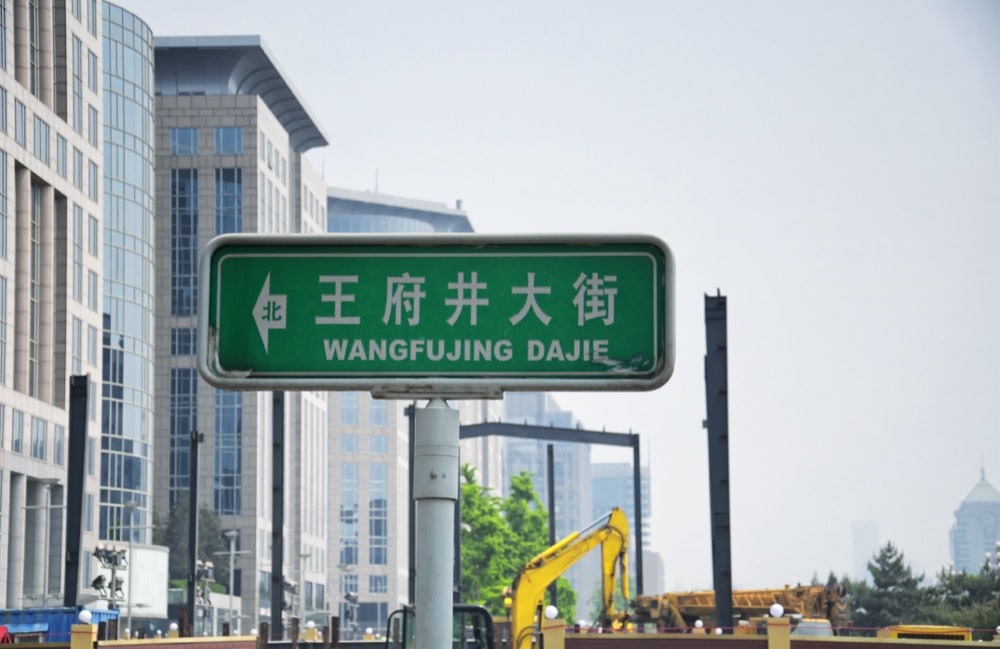Beijing, the heart of China's political, educational, and cultural life, is a vibrant megacity rich in history and innovation. As the capital of the world's most populous country, Beijing merges traditional Chinese heritage with the dynamism of an ever-evolving modern metropolis. The city boasts numerous landmarks, from the majestic Forbidden City and iconic Great Wall to the cutting-edge skyscrapers that shape its skyline.
Geography
Tucked in the northern part of China, encircled by Hebei Province and bordering Tianjin Municipality to the southeast, Beijing is characterized by its flat and sprawling terrain. The city is spread across six concentric ring roads, with the Forbidden City at its core, encompassing an area of 16,410.54 square kilometers. The climate is continental, featuring hot summers and cold, dry winters, perfect for businesses that operate across diverse environments.
Getting There
 Beijing is one of the most connected cities in the world. The state-of-the-art Beijing Daxing International Airport, along with the Beijing Capital International Airport, provides an extensive network of flights both domestic and international. An efficient public transportation system, consisting of subways, buses, and taxis, make traversing the city convenient and straightforward. The high-speed rail network connects Beijing with other major cities across China, simplifying travel for business and leisure.
Beijing is one of the most connected cities in the world. The state-of-the-art Beijing Daxing International Airport, along with the Beijing Capital International Airport, provides an extensive network of flights both domestic and international. An efficient public transportation system, consisting of subways, buses, and taxis, make traversing the city convenient and straightforward. The high-speed rail network connects Beijing with other major cities across China, simplifying travel for business and leisure.
Local Economy
Beijing is a driving force in China's economy, recognized as a hub for Fortune 500 companies and a leader in various sectors, including technology, finance, and manufacturing. The city's economy is diversifying with the rapid growth of new industries such as clean energy, pharmaceuticals, and information technology. Startups and multinational businesses thrive here, drawn by the city's robust infrastructure, ample resources, and the fostering of innovation.
Office Space & Districts
Beijing's office market is spread across several main business districts:
Central Business District (CBD): Located in the Chaoyang district, the CBD is the primary area for finance, media, and technology companies. It houses many high-rise office buildings, embassies, and international hotels, offering premium office spaces.
Zhongguancun: Often referred to as China's Silicon Valley, Zhongguancun is a technology hub located in the Haidian district. It is home to numerous tech companies, startups, and research institutions, making it a vibrant area for innovation-driven businesses.
Wangjing: A sub-district in Chaoyang, Wangjing has become a significant area for both Chinese and multinational companies, especially those in the technology and creative industries. The area offers a mix of modern office buildings and a lively community atmosphere.
Financial Street: Situated in the Xicheng district, this area is akin to Wall Street, hosting headquarters of major national banks, financial institutions, and regulatory bodies. It offers high-end office spaces with a focus on the finance and investment sectors.
Lido & Jiangtai: These areas are popular among expatriates and multinational companies. They offer a range of office solutions, including serviced offices and co-working spaces, in a more relaxed setting compared to the bustling city center.
Office space in Beijing ranges from high-end, premium offices in skyscrapers to more affordable options in older buildings. The market is competitive, with rents varying widely based on location, building quality, and amenities. Many office buildings incorporate sustainable practices and modern architecture, reflecting Beijing's growth as a global city.
Office Locations in Beijing, China
Transport links
- Major roads Beijing Capital Airport Expressway, G6, G2
- International airports Beijing Capital International Airport & Beijing Daxing International Airport
- Boats and ferries Port of Tianjin (150km)
- Railway stations Beijing South Railway Station